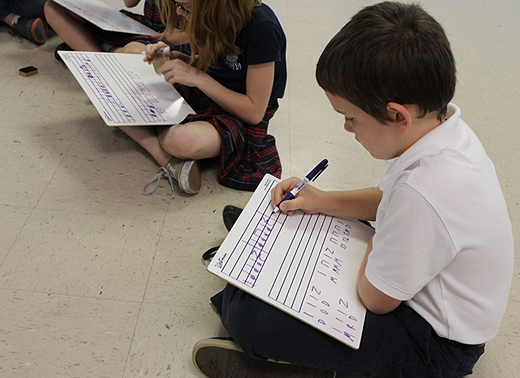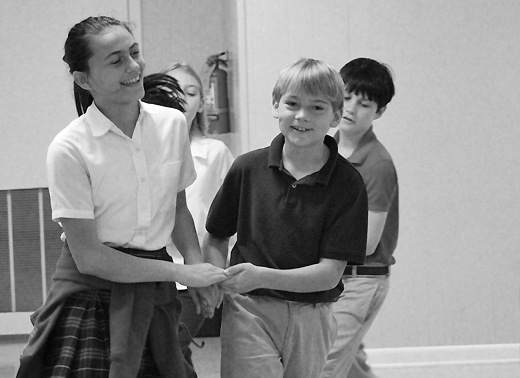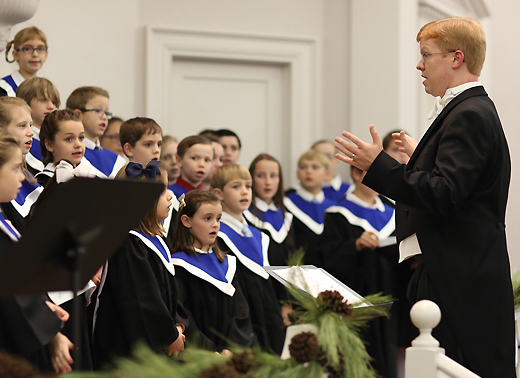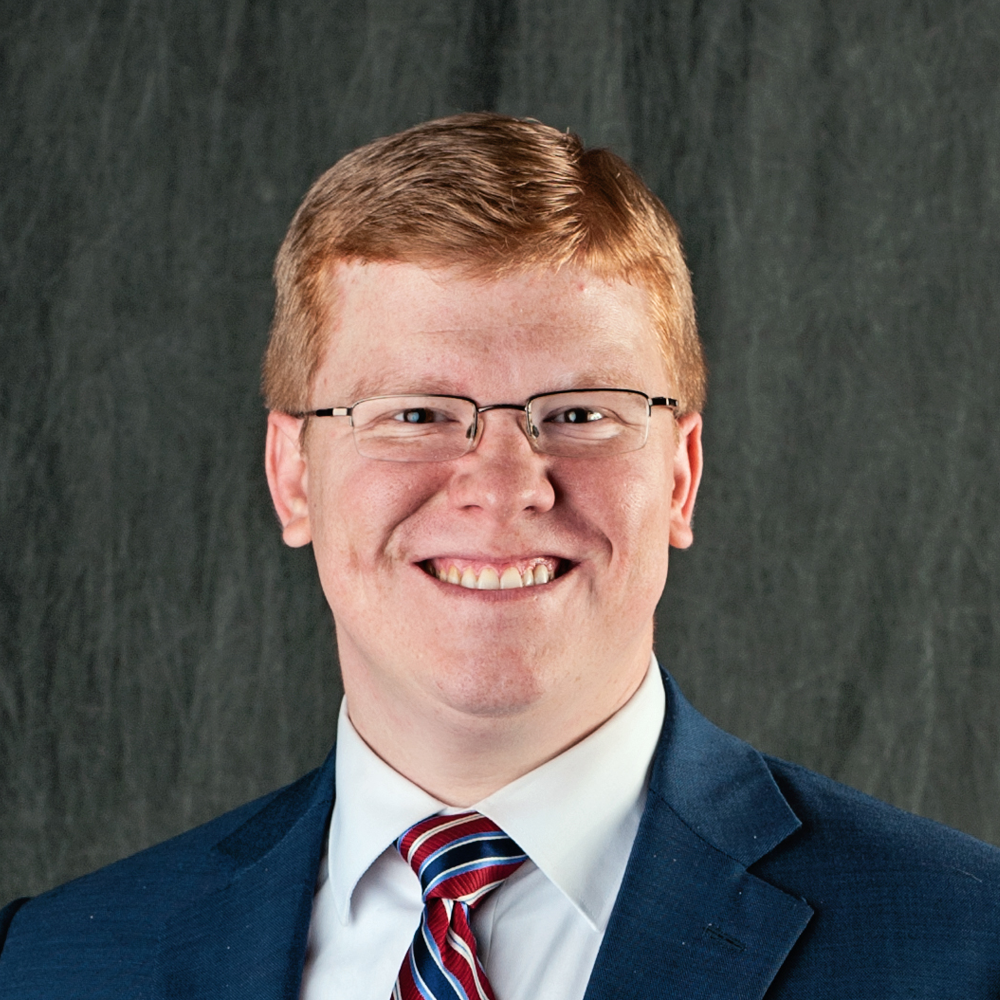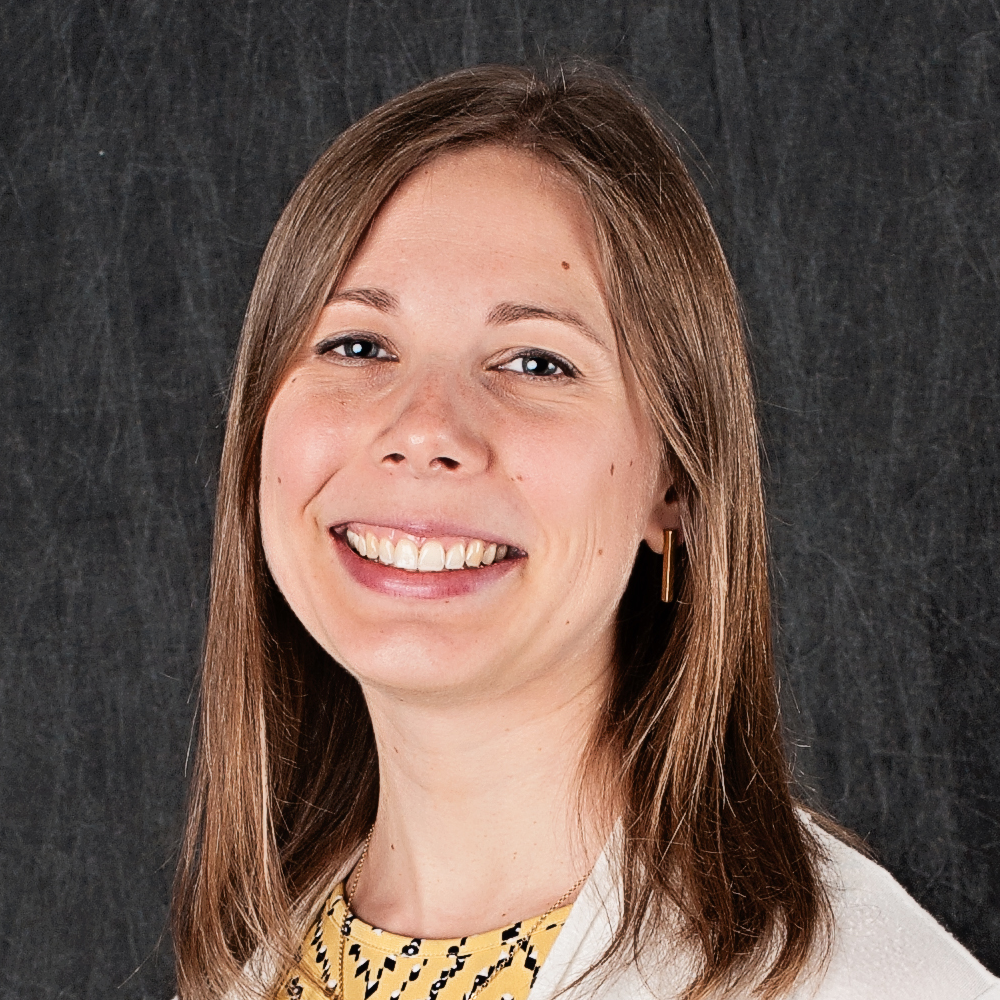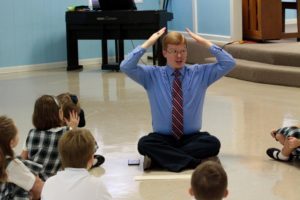
Mr. Richey using solfege body signs with the first graders.
Geneva Academy continues to grow in how we answer the question, “What is the role of music at Geneva?” The answer is a multi-layered one. Music has been an important part of the school and its pedagogy from its inception. On any given day, students sing jingles and chant to help them learn the patterns and facts taught in the grammar school. Music has been and continues to be a helpful tool in absorbing these facts and concepts taught in the classical Christian school method.
The classical Christian school movement as a whole continues to expand its understanding of how to better transmit, through music, those facts and concepts in the early years of the grammar stage especially. Geneva continues to move forward in this area as well. In addition, our students are chanting and singing robust hymns & psalms in their chapel convocations. This liturgical aspect of music training is by no means a given in the classical Christian movement and it is something that we need to keep as a priority. But what is the next step in recovering the former glory of music training?
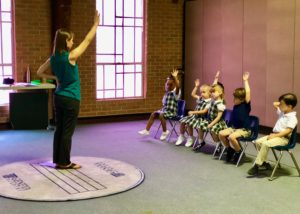
Miss Davis working with the PreK4 music class.
We can’t be satisfied over time to see music merely as a vessel of learning, but we must continue to develop and conform our habits of instruction to the idea that music is central to all we do as image-bearers of the Triune God. We must not be blown off course as we seek to define the proper role of music to the surrounding culture. While arts advocacy groups grasp at modern rationale for the existence of music and the arts, Christians must not make our case around claims like “music makes for better test scores.” Instead, we must cut right to the heart of the reasoning for music education—music is central to understanding the rhythm of God’s creation and therefore it must be foundational in faithful Christian education. This position is counter-cultural because we acknowledge that the third person of the Trinity is the “music of God.” So, we must view music with more than a modest intrigue. It’s not enough to be merely friendly to music and the arts; rather, it should be one of our central activities. This doesn’t just mean taking our students through music appreciation textbooks alone, but rather fully training them to be literate doers of music.
We must train them in the practice and performance of music so that they can be more fully equipped to transform the culture through the worship of the Church. From there we would have them sing and take up stringed instruments, the piano, the trumpet, and the composer’s pen to re-echo the Gospel in minuets, cantatas, symphonies, and the like. The Psalmist says that the Spirit has given us a “new song” and we want to see that song amplified in our students in more vigorous ways. A proper recovery of music training means that students will not only be able to more robustly “repeat the sounding joy” through singing and making music, but better see how the world continues to be brought into proper Kingdom tune. While our exact methods are still very much in progress and being refined, we pray that the Lord would continue to prosper our efforts to His glory and our good in this endeavor.

